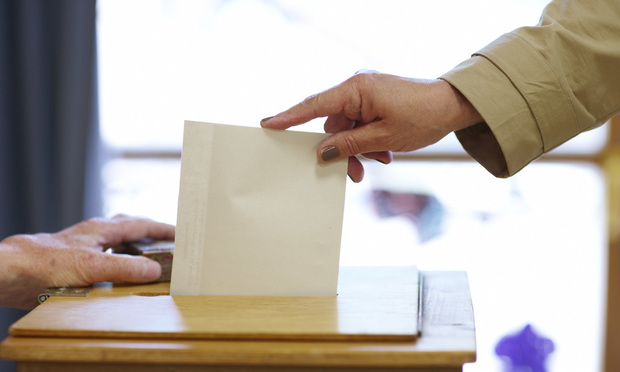The devastating tornado in Tennessee on the eve of the presidential primary last week killed two dozen people and destroyed untold number of homes, sending election regulators scrambling as to how to conduct the state’s voting. It’s the kind of issue I think about because I am an election lawyer, representing candidates up and down the ballot. Naturally enough, then, I focus on the unpredictability of weather or terrorist attacks on voting rights and election outcomes.
The tornado’s impact on the primary underscored my worry about how the coronavirus might affect the November election. What happens if the illness ravages the elderly population of southern Florida immediately before election day next November, preventing thousands of Democratic voters from casting a ballot? Or if it strikes at the heart of rural Pennsylvania, quarantining huge numbers of Republican residents from voting? Will the Republican governor in Florida or the Democratic governor in Pennsylvania allow the vote to proceed in the rest of the state, thus ensuring victory for their respective candidates? Or should the election in the affected states be postponed, allowing them to cast ballots after the rest of the country has voted? Although presidential elections are state-run affairs—with each jurisdiction having its own laws relating to registration, voter ID, mail-in ballots or early voting—a national health emergency requires a national plan. Without any federal guidance or directive, decisions by governors in swing states might be based upon political considerations, thus rendering the result subject to challenge and the legitimacy of the ultimate winner called into question.
This content has been archived. It is available through our partners, LexisNexis® and Bloomberg Law.
To view this content, please continue to their sites.
Not a Lexis Subscriber?
Subscribe Now
Not a Bloomberg Law Subscriber?
Subscribe Now
LexisNexis® and Bloomberg Law are third party online distributors of the broad collection of current and archived versions of ALM's legal news publications. LexisNexis® and Bloomberg Law customers are able to access and use ALM's content, including content from the National Law Journal, The American Lawyer, Legaltech News, The New York Law Journal, and Corporate Counsel, as well as other sources of legal information.
For questions call 1-877-256-2472 or contact us at [email protected]


 Photo: Christian Schwier/Fotolia
Photo: Christian Schwier/Fotolia




